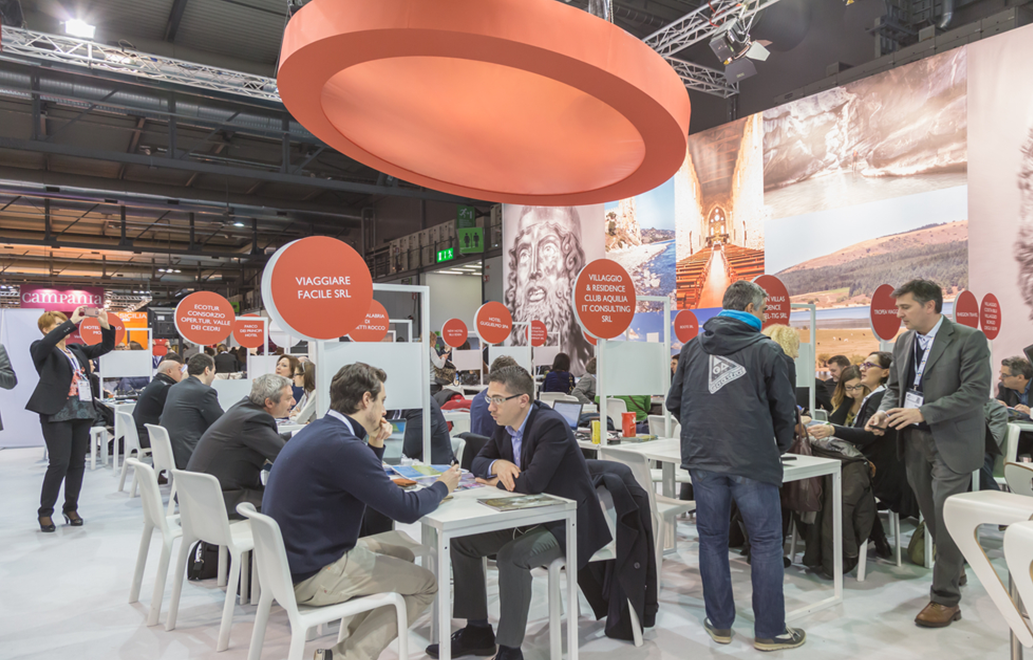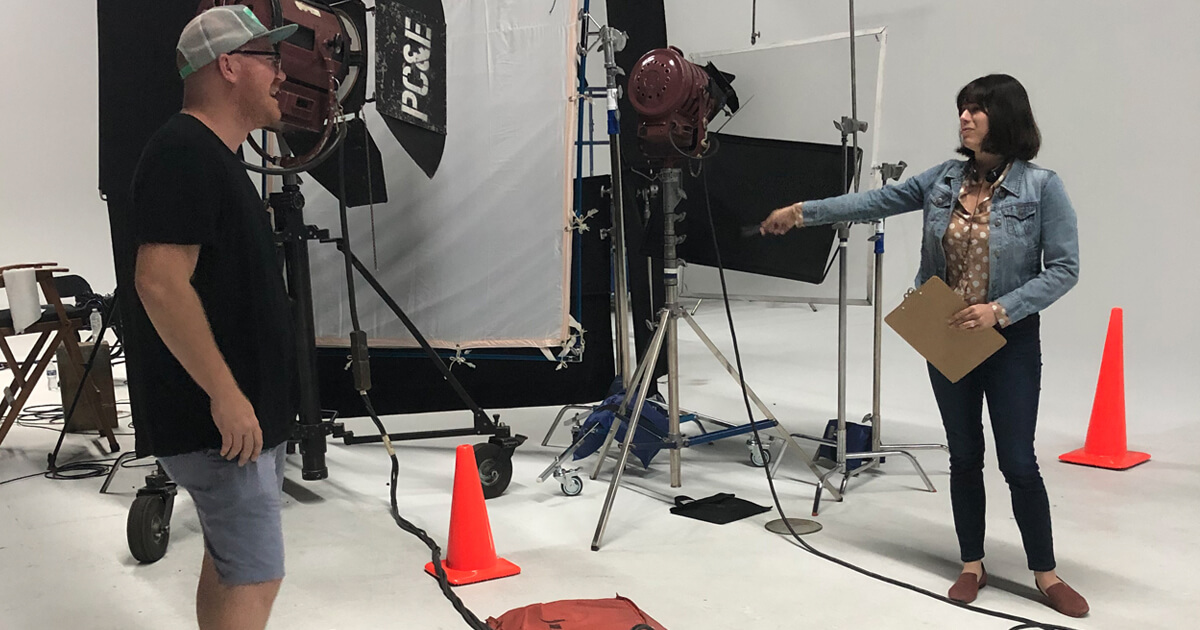Exactly How Event Production Functions: A Comprehensive Look at the Process
Event production is a facility and organized process that requires cautious preparation and implementation. It begins with developing clear objectives and understanding the target audience. Each action, from budgeting to place choice, plays an important function in making sure success. As the process unfolds, different aspects must line up perfectly. Yet, the subtleties of this detailed operation usually go unnoticed. What are the key stages that add to a remarkable event?

The Preliminary Drawing Board
When starting on event production, careful planning is necessary to assure an effective end result. The first drawing board works as the structure for all subsequent initiatives. During this phase, event producers should specify the event's objective and objectives plainly. Identifying the target market assists customize the experience and messaging, ensuring significance and engagement.Producers need to additionally consider the event format, whether it be in-person, digital, or crossbreed, as this will affect numerous logistical elements. Choosing an appropriate day and place is essential, as it influences ease of access and availability.Furthermore, constructing a reliable team is basic for separating obligations and streamlining interaction. Developing a timeline with turning points guarantees all tasks are completed on time. This phase involves extensive research study, including determining potential challenges and designing techniques to minimize risks. Ultimately, a well-structured initial planning stage establishes the tone for a successful event production journey.

Budgeting and Resource Allowance
In event production, reliable budgeting and source appropriation are important for success - event production charlotte. Developing economic parameters sets the structure for all subsequent choices, while resource circulation approaches ensure that every part of the event is properly sustained. With each other, these aspects assist preserve control over expenditures and enhance making use of available resources
Developing Financial Parameters
Developing financial criteria is important to the success of any event production, as it sets the structure for efficient budgeting and source appropriation. This process begins with specifying the total budget plan, which incorporates all aspects of the event, consisting of location prices, wedding catering, and marketing. By recognizing offered funds, event planners can prioritize expenses and allot sources as necessary. Additionally, it is important to conduct detailed market research study to prepare for possible costs and identify funding sources, such as sponsorships or ticket sales. Developing clear financial criteria also aids in risk monitoring, permitting planners to reserve contingency funds for unexpected expenditures. Inevitably, a distinct budget plan functions as a roadmap, assisting the event production group towards accomplishing their objectives while keeping financial control.
Resource Circulation Strategies
Effective resource distribution techniques are necessary for making the most of the impact of an occasion while sticking to spending plan restrictions. Successful event production needs a precise strategy to budgeting and resource appropriation. Planners should focus on important components such as place, food catering, and innovation, making certain that funds are designated to areas that enhance participant experience. An in-depth spending plan should detail expected costs and recognize areas for possible price financial savings, such as negotiating with vendors or discovering sponsorship possibilities. In addition, tracking expenditures throughout the preparation procedure assists prevent overspending. By utilizing tactical resource circulation, event producers can supply a memorable experience while preserving fiscal duty, ultimately contributing to the general success of the event.
Venue Choice and Logistics
Choosing the ideal location is vital to the success of any event, as it establishes the stage for the overall experience. Venue selection entails reviewing numerous factors, including capacity, access, and area. Planners have to take into consideration the target market and the nature of the event, making sure the venue straightens with the event's goals.Logistics play a considerable duty in this procedure, involving setups for seats, audiovisual devices, and catering services. A well-chosen location must promote smooth flow for attendees and staff, boosting engagement.Additionally, evaluating potential places for features like parking, toilets, and emergency situation exits is essential for security and convenience. The timeline for protecting the place is additionally crucial, as popular locations might book swiftly - event production charlotte. Complete preparation and prompt implementation can ultimately contribute to a smooth event experience, making venue selection and logistics fundamental parts of effective event production.
Innovative Idea Advancement
While the location establishes the physical phase, innovative idea growth forms the event's identification and story. This process starts with recognizing the event's purpose and target audience, permitting event producers to create an engaging style that resonates with participants. Brainstorming sessions frequently include diverse point of views, fostering innovative ideas that straighten with the event's goals.Once a theme is established, visual elements such as color combinations, signage, and decoration are developed to boost the overall environment. Storytelling methods may additionally be incorporated to produce an interesting trip for individuals, assuring a remarkable experience. Additionally, considerations regarding entertainment, activities, and interactive elements are straightened with the selected concept, strengthening the motif throughout the event.Ultimately, reliable imaginative concept development warranties that every element of the event functions cohesively, leaving a long-term perception on guests and satisfying the event's goals. This fundamental job lays the foundation for succeeding planning and execution stages.
Collaborating With Suppliers and Distributors
Effective event production hinges on reliable collaboration with suppliers and suppliers. Choosing reliable partners, discussing contracts effectively, and making sure prompt shipments are important action in this procedure. Each of these variables company website contributes substantially to the general success and smooth execution of an event.
Selecting Reliable Partners
Just how can event organizers guarantee a seamless production experience? Choosing reputable partners is crucial in achieving this goal. Event organizers need to conduct complete research to recognize vendors and distributors with a proven record of excellence. This includes inspecting referrals, examining portfolios, and evaluating customer feedback. Coordinators need to focus on companions that show professionalism and reliability, timely interaction, and a readiness to collaborate. Building strong relationships cultivates count on and enables quick problem-solving during the event. Furthermore, it is beneficial to choose neighborhood vendors who understand the place and local logistics. Ultimately, a successful event rests on the harmony between planners and their partners, guaranteeing that every element of production runs smoothly and successfully.
Working Out Agreements Effectively
Efficient arrangement of agreements is an important action in the cooperation between event coordinators and their suppliers and providers. This process entails clear communication of expectations, deliverables, and timelines. Coordinators must conduct detailed research study on market prices and market standards to establish a standard for negotiations. It is necessary to develop a joint ambience, encouraging open dialogue regarding terms, rates, and potential contingencies. Coordinators need to also focus on understanding the vendor's abilities and restrictions to align their requirements efficiently. Adaptability can bring about equally valuable contracts, cultivating lasting relationships. Crafting distinct agreements that include particular efficiency metrics can help ensure liability, ultimately causing successful event implementation and complete satisfaction for all celebrations involved.
Making Sure Prompt Distributions
Timely deliveries are necessary for the smooth implementation of any kind of event, needing diligent cooperation in between planners and their suppliers and providers. Efficient communication is vital, as it aids establish clear assumptions pertaining to distribution routines, amounts, and certain requirements. Planners frequently develop comprehensive timelines to lay out critical milestones, ensuring all parties stay straightened throughout the process. Regular check-ins with suppliers can assist recognize possible hold-ups early, permitting for proactive options. Furthermore, developing solid relationships with reputable distributors fosters trust and liability, which can cause far better solution and prioritization. By prioritizing these collective initiatives, coordinators can lessen interruptions, thus boosting the total efficiency of event production and guaranteeing that all needed products and solutions show up as intended.
Advertising And Marketing and Promotion Techniques
While organizing an occasion, the success of advertising and marketing and promotion strategies can substantially affect participation and involvement. Reliable approaches commonly include a mix of electronic advertising, typical advertising and marketing, and grassroots outreach. Making use of social media sites systems permits for real-time interaction and targeted advertising and marketing, getting to specific demographics efficiently. Email marketing projects can even more involve possible participants with customized material and reminders.Collaborations with influencers or industry leaders can likewise boost reliability and widen reach. Developing engaging content, such as video clips or blogs, helps to create buzz and sustain interest leading up to the event. In addition, leveraging early-bird discounts and special benefits can incentivize ticket purchases.Promoting through conventional channels, such as posters or local media, continues to be appropriate, specifically in community-focused events. An extensive strategy that home incorporates several strategies warranties maximum exposure and interaction, ultimately adding to the event's success and the production of an unforgettable experience for attendees.
On-Site Execution and Administration
On-site execution and monitoring are crucial parts that figure out the overall success of an occasion. Reliable coordination during the event assures that all components straighten with the planned program. Event supervisors manage logistics, including vendor coordination, equipment configuration, and i loved this guest solutions. Keeping track of timelines and dealing with any kind of unanticipated problems are essential for keeping a smooth experience.The personnel plays a significant role, as skilled employees are liable for various jobs such as registration, details circulation, and technical assistance. Communication among group members is imperative; it cultivates a collaborative atmosphere and makes it possible for quick resolution of challenges.Additionally, safety procedures have to be complied with, safeguarding the wellness of all attendees. Post-event analyses are also part of on-site monitoring, providing understandings for future enhancements. By concentrating on these elements, event producers can produce unforgettable experiences that meet or surpass attendee expectations while achieving the event's goals.
Frequently Asked Concerns
How Do I Select the Right Event Motif?
Choosing the ideal event style entails considering the target audience, event objective, and place. Looking into present fads and gathering input from stakeholders can additionally inspire innovative ideas that reverberate and develop a memorable experience.

What Prevail Blunders in Event Production?
Typical mistakes in event production commonly consist of inadequate preparation, inadequate communication among group participants, budget plan mismanagement, disregarding to take into consideration the audience's needs, and failing to carry out an extensive post-event assessment for future renovations.
How Can I Gauge Event Success?
To determine event success, one can analyze guest fulfillment, involvement levels, budget plan adherence, and post-event comments. Trick efficiency signs, such as ticket sales and social media sites communications, likewise supply valuable understandings right into overall effectiveness.
What Should I Do if It Moistens the Event Day?
In the event of moisten the day, the organizer must apply backup plans, such as protecting tents or relocating activities inside. Communication with attendees regarding adjustments is vital to guarantee a smooth experience despite weather condition challenges.
Just How Can I Make Certain Attendee Interaction During the Event?
